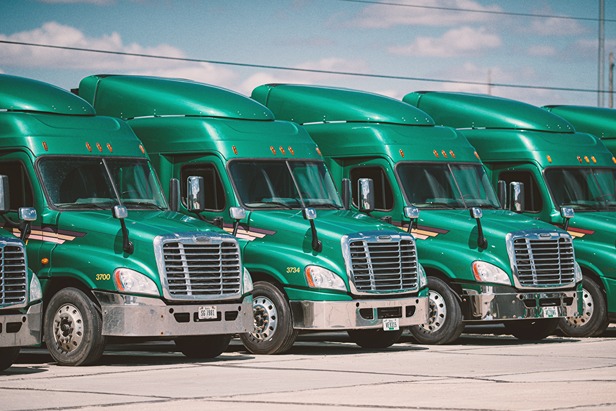
It’s impossible to drive anywhere in the country without seeing a semi-truck on the highway.
Some of these trucks have trailers attached, while others do not.
A bobtail truck refers to a large semi-truck that is on the road without a trailer attached to it.
Many people don’t realize a bobtail truck can be just as dangerous as a truck with a trailer attached to it.
Unlock the full potential of our seasoned legal team at Tawney, Acosta & Chaparro P.C. Discover how we can empower your case.
What Is Bobtail in Trucking?
Bobtailing occurs when a truck drives without a trailer, often after dropping off a load and heading for a replacement. Deadheading describes a truck pulling an empty trailer to a destination. This term is commonly used within the industry to denote a situation where the tractor unit is driven independently, without hauling any cargo. It’s noteworthy that many truck drivers tend to avoid bobtailing due to various reasons such as decreased stability and fuel efficiency.
Why Is a Bobtail Truck Dangerous?
Just like any other truck, a bobtail truck can be difficult to maneuver.
However, a truck with no trailer is even more dangerous than a truck with a trailer because it’s harder to stop the truck and more challenging to maneuver.
Truck drivers must take extra precautions when they don’t have a trailer.
Trucks are designed to carry heavy trailers. Therefore, much of their braking power is placed in the rear axle where the trailer sits.
When the truck doesn’t have a trailer, there’s very little weight in the rear, making it more difficult to stop.
Drivers of bobtail trucks should avoid braking too hard or swerving.
Both actions could result in the driver losing control. Unfortunately, the driver might need to do one or both in an emergency.
Being drowsy can increase the risk of an accident. Tired drivers have worse reaction times, and they often lack awareness when it comes to potential hazards.
The Federal Motor Carrier Safety Administration regulates service hours for a good reason.
For example, truckers can only drive 11 hours maximum after having 10 consecutive hours off duty.
Bobtailing vs. Deadheading
Some people use the term bobtail to describe a truck carrying an empty trailer.
However, that’s incorrect because driving a truck with an empty semi-trailer is called deadheading or deadhead trucking.
Both bobtailing and deadheading mean the driver isn’t making any money because there is no load to deliver.
Deadhead trucking occurs when the driver is headed to pick up a new load with an empty trailer.
Both bobtailing and deadheading are dangerous and put other motorists at risk.
You might assume a truck with an empty trailer is safer since it’s not as heavy.
However, it’s actually more dangerous because the trailer can become unstable in adverse weather, especially in high winds.
A driver without experience driving a bobtail truck or a deadhead truck might struggle to control their vehicle if road conditions change.
Contact a Truck Accident Lawyer
If you suffered injuries in an accident with a bobtail truck, you have legal rights.
A bobtailing truck can cause as much, or even more, damage as a semi-truck hauling a trailer.
If a commercial truck driver’s negligence caused you harm, a skilled truck accident lawyer can help you pursue the compensation you deserve.
Contact the experienced legal team at Tawney, Acosta & Chaparro P.C. to learn how we can assist you.

